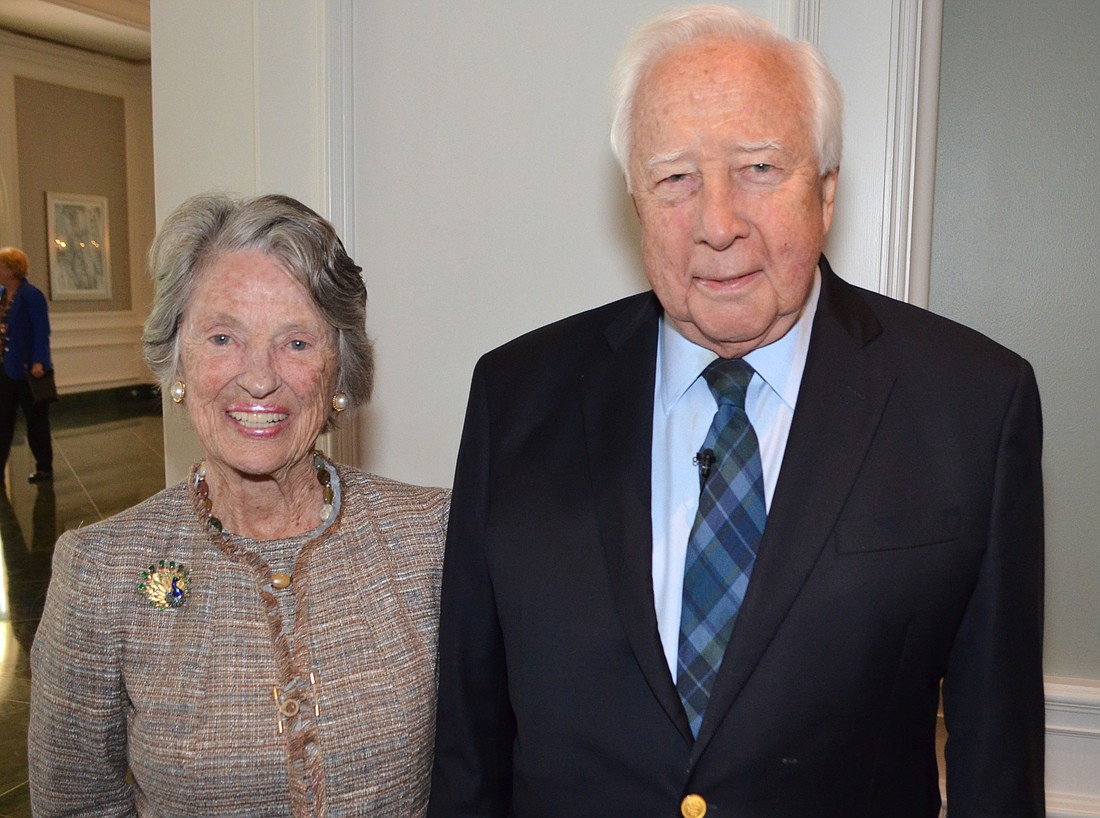- April 24, 2024
-
-
Loading

Loading

J
ust when you thought incivility couldn’t get any worse, comedian Kathy Griffin posts a photo, well, you know that story.
That’s followed by a news conference where she claims she is a victim because she has been censured by millions and fired from her job as a New Year’s Eve television show hostess. Then Bill Maher makes a disgusting racial slur — even for Bill Maher —during an interview with U.S. Sen. Ben Sasse of Nebraska, who later said he was so horrified he struggled to find any response. Maher said that upon reflection during the middle of the night he thought perhaps he had gone too far.
As I write this column, the news about Harvard University rescinding admission offers for at least 10 incoming freshman is dominating the internet. These early admitted students reportedly formed a private messaging group online, in Facebook, where they sent offensive memes and images to one another mocking the Holocaust, sexual assault and making grotesque, racially motivated jokes about children.
Is incivility the new norm?
Considering the above, you might believe that’s where our country is headed if not already at ground zero.
A year ago, the University of Chicago released a report stating that almost 75 % of Americans think “manners and behavior have declined” in the United States. But, 80% of those polled agreed on what was appropriate or inappropriate behavior.
In another poll, which was released last fall by Weber Shandwick, Powell Tate and KRC Research, this was reported: Seventy percent of Americans think political incivility is at a “crisis” level. Americans avoid discussing controversial questions out of fear they will be perceived as uncivil ,and a full half of those polled said they preferred to withdraw from discussing politics because of the fear of bullying and incivility toward them.
The same study revealed that most Americans have been victims of incivility, especially during driving and shopping. And, guess what? Almost 60% acknowledged they themselves have acted uncivil.
One expert on civility in this country is P. M. Forni from Johns Hopkins University, where he founded The Civility Institute. Forni recently was quoted as saying, “The weak economy, wars, the threat of terrorism, the hostile political environment, the two major parties warring with one another and exchanging salvos that are not very civil — these are not the most pleasant or stress-free of times. When we are stressed, we are less likely to be considerate and kind. When we are insecure very often we shift the burden or that insecurity on others in the form of hostility.”
Houston, we have a problem.
That no one has come up with the definitive answer to the “why” is also not surprising. Experts are all over the map on this question. Some say technology has a huge part. We have become more competent in dealing with machines than real people. We have lost social and emotional competence.
Another line of thinking places blame on the economy and need for workers to perform higher levels of productivity, leaving them stressed out. Many scientists have shown that stress negatively impacts our emotions and emotions have been shown to be contagious. Yes, we pass them on. Nicholas Christakis, when he was at Harvard, wrote that based on his research, “a person’s emotions can have a collective existence and affect the vast fabric of humanity.” Wow. Think about that the next time you use that middle finger after you get cut off because you’re driving too slow or too fast in one lane or another on the Trail.
Here’s the good news.
Many people and organizations are not about to shrug off incivility as inevitable. Our own Gulf Coast Community Foundation championed a community civility awareness initiative in 2007 and actively supported it in workplaces, community organizations and schools for three years. Ten years later, its Board of Trustees decided it was time to bring it back.
“Civility is the foundation of community,” said CEO Mark Pritchett, announcing the relaunch of Because It Matters. “In our current political and social climate, politics have become polarizing, and rhetoric is divisive. We also have seen social media transform the ways we interact with one another. We think it’s time to revisit the role of civility in building strong communities.”
Pritchett went on to say that the dangers of incivility are numerous: “It turns off political participation. It results in needless government gridlock. And it sows the seeds of intolerance.”
Indeed, when Gulf Coast invited historian David McCullough to speak to the community earlier this year in its annual Better Together luncheon, McCullough’s message on the lessons of history kept coming back to civility. He spoke emphatically that the core values that ground communities are seeded in our neighborhoods, our homes and our schools. Things like moral sense, attitude and civility do make us who we are and establish the requirement for a productive and nurturing society.
“David McCullough sowed the seeds of civility and engagement earlier this year,” Pritchett said. “At Gulf Coast, together with our donors, we are eager to keeping working within our community to cultivate those seeds.”
Welcome back.
Kristine Nickel is a marketing communications consultant and former marketing and public relations executive. For more than 30 years, she has relieved her stress by writing features for publications across the country.